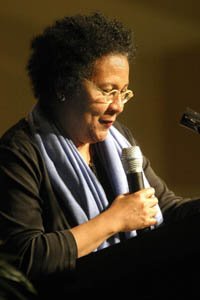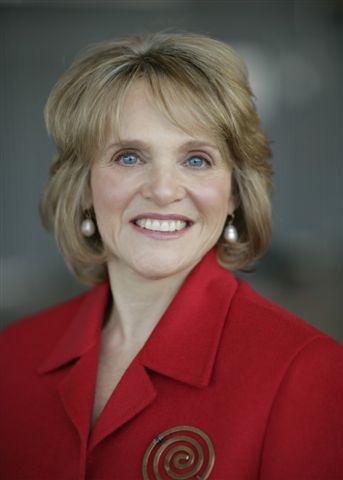

What images normally come to mind when we hear the expressions- 'third-world nation' 'developing country'? Often what springs to mind is the notion of a country who lack a modern political and/or social infrastructure, whose economy is fledgling, and whose people are suffering. Few of us however, would identify the developing world as a place from which we in the self-proclaimed 'developed world' can learn something from. What, for example, could a countries like Rwanda or Cuba, Afghanistan or Iraq possibly teach us? Rwanda, after all, was the site of a genocide which claimed over 800,000 lives in a period of approximately 100 days...Cuba is led by a Communist dictator...and didn't we invade Afghanistan and Iraq not too long ago? The answer of course, is yes. But it appears that on issues of gender equity in government, these countries may have a lot to teach us. Take Rwanda, for instance. The site of unimaginable horror only 14 years ago, and yet today, they have a parliament that is 48.8% female. In Cuba, the numbers come in around 36%, and Afghanistan and Iraq fall into the 25-28% range. And where is the United States? Try 65th in the world for female representation at the legislative level! That's right...the good ole U.S. of A.- a country bent on spreading democracy to the undeveloped world, to bringing notions of equality and justice to the forgotten and forlorn- still only has a 16.3% female composition of its Legislature! Unbelieveable! Moreover, as we continue to grapple with the bonds of American Patriarchy, it appears that in parts of the world,such as Africa, where women have been far more oppressed then ourselves, societies throughout Joseph Campbell's 'Dark Continent' are seeing the merit in empowering their womenfolk. In this recent presidential primary, it has been inspirational as a woman to see a woman actually giving her male competition a run for their money...and say what you will about the likes of Hillary Clinton...she's gotten further then most American women...hell more than most American men have! And yet, despite her efforts, despite her experience...we just can't seem to get past her pantsuit, can we? Sexism in America is alive and well...and nowhere is the glass ceiling more evident than in American politics. What is perhaps most distressing is the fact that research shows time and again that when women are empowered in society, they lift up the rest of society with them. Whether Liberian, Rwandan, Cuban, Costa Rican, Malaysian, Indian; etc. If you place power in the hands of women...real change begins to happen. Change for the better. Ambassador Swannee Hunt has said that if women ran the world, peace would be more than possible. Robin Williams has said that "if women ran the world, there'd be no war...just really intense negotiations every 28 days!" Tis funny, but true! So why is America so afraid of placing power in the hands of its women. If we are good enough to manage a household, raise our children, care for our husbands...if the future leaders of tomorrow are to be molded by their mothers...why then, is it so difficult to concede leaving us a place at the table? It seems to me that we can learn a lot from the developing world. Maybe there's something liberating in being labeled 'third world'. You've already been discounted...so breaking with conventionality in order to get ahead doesn't seem so unreasonable. Maybe the US could use a dose of 'third world reality'. Perhaps then we'll see the strength and wisdom of our women, and give them the voice they rightly deserve. To see a breakdown of parliamentary representation by gender, check out the following site: http://www.ipu.org/wmn-e/classif.htm









